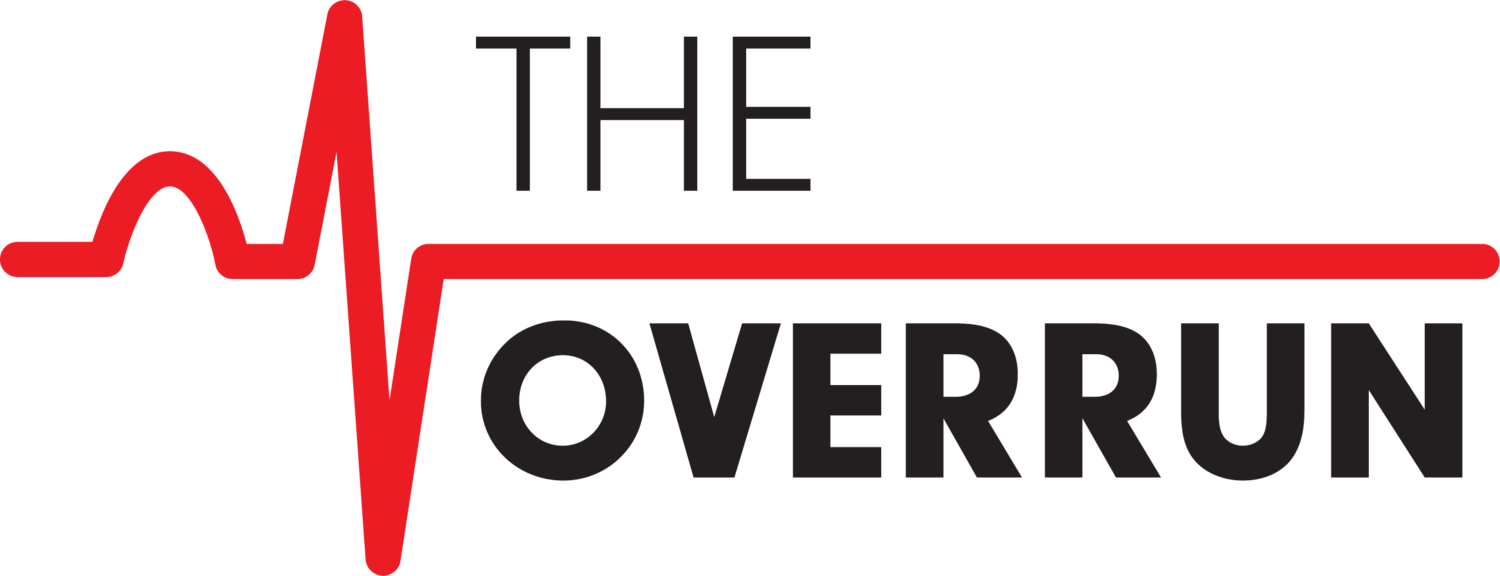IN DEFENSE OF MARY JANE
Should EMS clinicians be allowed to purchase and use recreational marijuana? If you haven’t been aware of this controversy, it will probably be coming to your area sooner than you think.
Here in the home state of The Overrun, New Jersey, marijuana has been legalized for the last year or so after an election referendum showed a clear majority of voters agreed that it should be. The new law here allows possession by adults over 21, and also says that employers can’t take action against an employee who uses recreationally. They also can’t fire you or not hire you because you test positive for THC.
There is one small issue that is heating the debate: There’s no real reliable way as of yet that will economically test for intoxication. That could be an issue for an EMT or paramedic who gets into an accident or has a drug error, and HR finds out that you’re positive. If you can’t tell you're high; you can’t make sure someone is sober.
That’s only one of many issues. So, just what is the big deal?
First, let’s look at pharmacology. Marijuana is classified as a hallucinogen, and the compound that gets you high is tetrahydrocannabinol or THC. (Technically, we’re talking about the delta-9 variant of the molecule, but there are a lot of others, some you may have heard of like delta-8, which is a whole other issue….) It can cause euphoria, can be ingested, smoked, or taken sublingually, and has some side effects, but usually no more than wanting Taco Bell from DoorDash at 3 am. The euphoria lasts approximately X hours, after which most people are just fine and go about their lives. There isn't an official LD50 of THC; it hasn’t been measured definitively.
Let’s be honest: almost any substance has a lethal dose; however, it seems that especially when measured against alcohol, the amount of cannabis needed to kill you is exponentially higher than alcohol. While the CDC documents several people who have died from alcohol poisoning; they don’t even measure marijuana. Anecdotally, I looked in PubMed and couldn’t find anything.
Here’s the problem: Marijuana is classified by the FDA as a Schedule 1 substance, which says there’s no medical or experimental use of the drug. It’s up there with heroin, LSD, and ecstasy. Cocaine is a Schedule 2, and most opioids including fentanyl are Schedule 3. So, according to the DEA and the Feds, there’s no medical or experimental use for weed, therefore; it is illegal. Period. Hence the problem. Since there’s no use for the drug, research is sparse, to say the least. Funding is hard to come by historically, and you can’t possess it in a lab because there’s no experimental use for it. So you have to go to the sketchy guy down the hall in your dorm who doesn’t have a major as of yet.
But we have learned that there are medical uses for marijuana. Evidence shows that the compound shows some benefits for a variety of medical conditions, including cancer as an appetite stimulant, an anxiolytic, and chronic pain management.
As a purely recreational drug, it has fewer side effects than the old standard of emergency services, good ole’ booze. Marijuana seems to potentially have some prothrombin action and there may be a connection with cardiovascular disease; but again, none of this has really been fully studied, and bias is lurking everywhere on both sides.
Alcohol has a multitude of known bad effects, including liver disease, weight gain, pancreatitis, and general poor decisions that have spelled the career death of more than one emergency services employee. This is pretty well anecdotal, but ask yourself: How many of these stories do you know?
I’ve never seen a person under the influence of marijuana beat their spouse, or their children, throw another marijuana user into a plate glass window; or kill an innocent with a motor vehicle. In my career, I’ve seen drunk people do all of those and even more.
I’ve watched friends and family battle the bottle.
And yes, being a Gen X paramedic, former cop, and firefighter, I have had my share of “debriefings” from a barstool. I’m not proud of that, but it’s true.
Let’s face it. This world we choose is not easy. We are exposed to moral hazards and traumas. Sometimes, we need to disconnect; and while I love the idea of a yoga class, it can be hard to find at the end of an 18-hour shift.
If we are going to tacitly recognize substance use, as we have with alcohol for generations, it’s time we acknowledge a substance with less potential for harm and side effects. Less dependency, and honestly, less death. To do anything else would be folly. And it could condemn clinicians we don't know yet to preventable harm.



